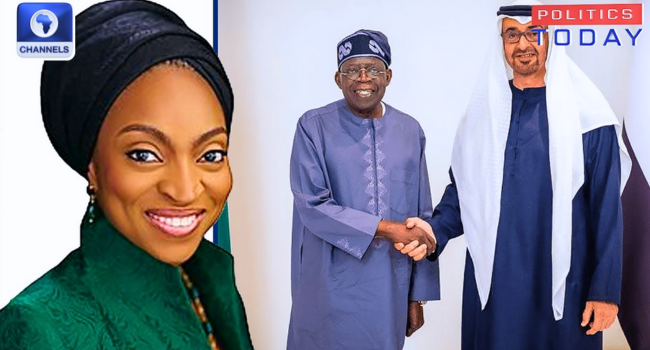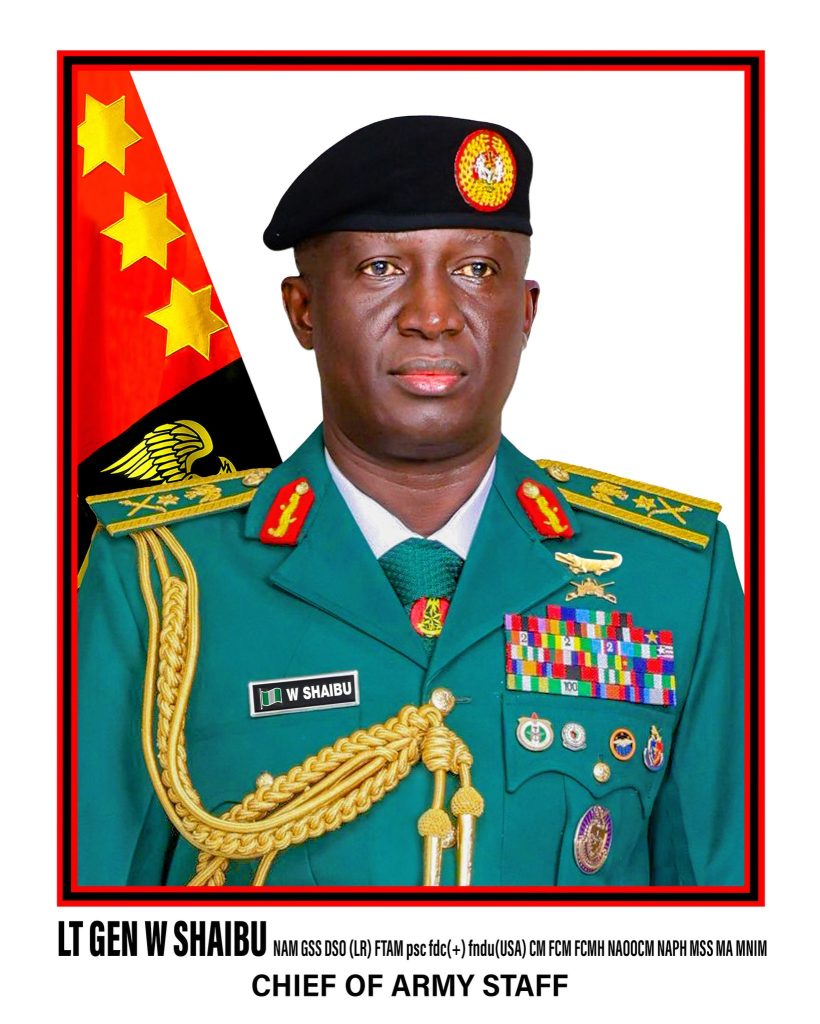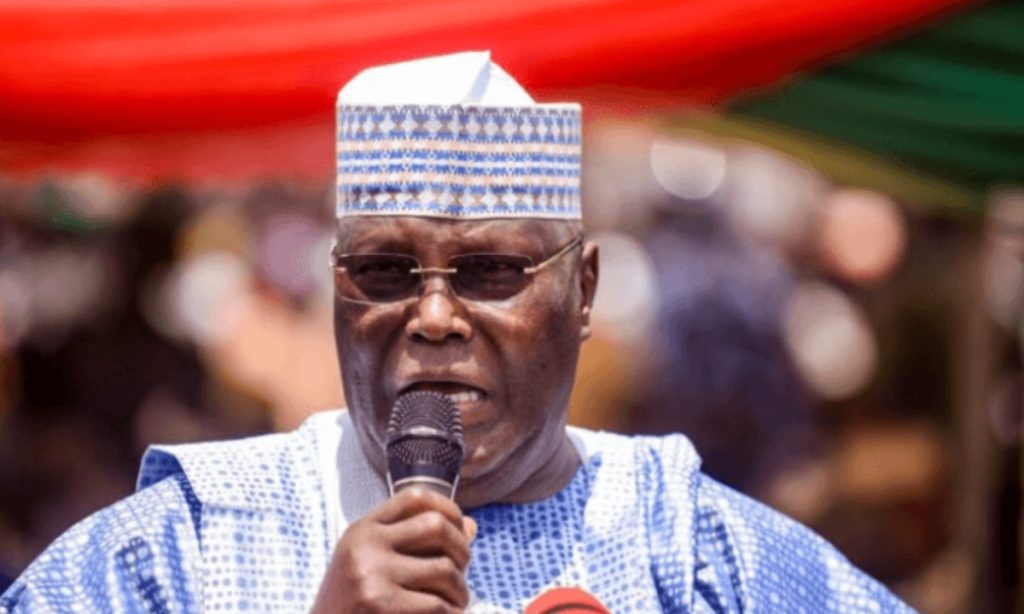Cameroonian Activist Imprisoned for Urging Democratic Change on TikTok
In a move that has sparked widespread outrage, Cameroon has imprisoned a 23-year-old social media activist, Junior Ngombe, who had been posting videos on TikTok urging democratic change ahead of the 2025 presidential elections. Ngombe was arrested on July 24 outside his shop in Douala, western Cameroon, by three plainclothes men claiming to be intelligence officers.
According to Human Rights Watch (HRW), Ngombe was taken to a notorious detention facility in Yaounde, where he is being held incommunicado and faces charges of "incitement to rebellion" and "propagation of false information." His lawyers believe these charges are linked to his social media posts, which encouraged people to vote in the presidential election and challenged the government’s crackdown on dissent.
In his videos, Ngombe, who is also a hairdresser, expressed frustration with the more than 40-year reign of President Paul Biya’s ruling party, the Cameroon People’s Democratic Movement. "We are millions of young Cameroonians who are suffering under the more than 40-year reign of the RDPC," he said in a video in mid-April.
Since his arrest, civil society and opposition figures have called for Ngombe’s release, using the hashtag #FreeJuniorNgombe on social networks. HRW has urged the Cameroonian authorities to "listen to peaceful demands for reform instead of stifling freedom of expression" and to immediately release Ngombe and drop the charges against him.
The arrest of Ngombe is the latest in a growing crackdown on freedom of expression in Cameroon, which has been led by President Biya, who has been in power for 42 years. The government has been accused of repressing all opposition, and the long-serving president was re-elected in 2018 to his seventh term after a contested vote that sparked a wave of political repression.
The day before Ngombe’s arrest, HRW had warned that Cameroon was implementing measures designed to limit freedom of expression. The government has responded by denouncing "the rise in insulting remarks against the institutions and those who embody them" in the run-up to the vote.



